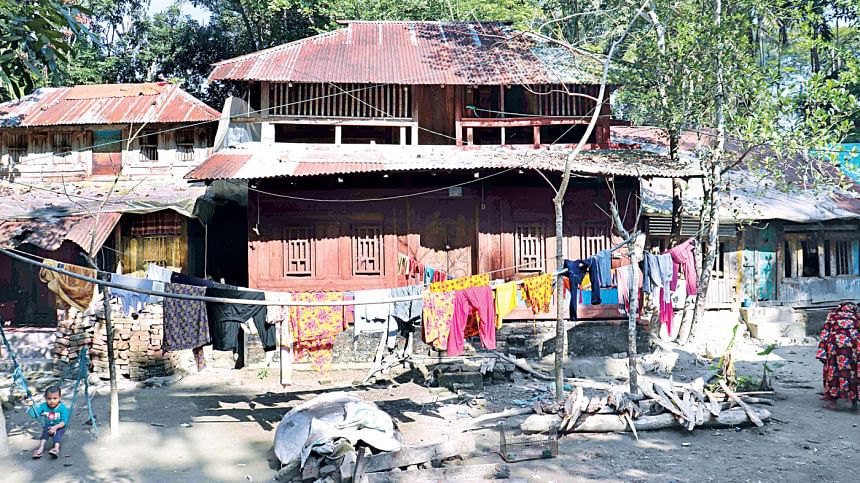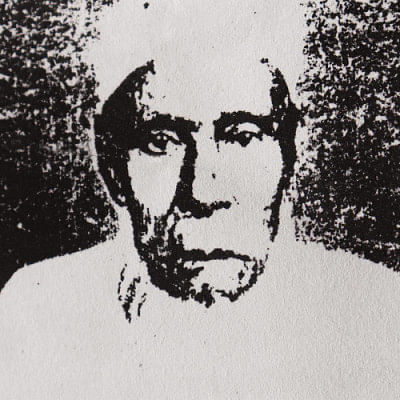The man who ‘smuggled’ freedom fighters

Royes Uddin Pashari did not plan to get involved with the Liberation War. Before it began, he was already one of the richest people in Pirojpur, so there was little incentive for him to get swept away by the sirens of the battlefield.
But his fortunes were not amassed through legal means. Royes Uddin Naiya, as he was known, smuggled various goods from neighbouring India through Sundarbans' waterway. He was one of the top smugglers marked by the Pakistan government.
But the all-engulfing nature of the war eventually pulled Royes under its fold. As one thing led to another, he turned out to be a major contributor to the war efforts in the district.
At the beginning of the war, he came into contact with Major Ziauddin, sub-sector commander of sector-9, based on the Sundarbans. As Royes knew how to navigate those waters, Ziauddin would take his help to guide freedom fighters through the numerous canals of the world's largest mangrove forest.

On his boats, Royes would transport freedom fighters, for training, as well as refugees to India, where millions of Bangladeshis, especially Hindus, took shelter from the Pakistan army and their collaborators.
He would also carry arms and ammunition to Bangladesh from India for the freedom fighters' camp.
His son retold the tales of Royes. "After the freedom fighters and refugees reached Bogi and Terabeka areas of the Sundarbans, my father would take them to India through the forest's canal," said 64-year-old Sohrab Hossain Pashari.
Throughout the war, his father transported at least 40,000 people by 18 boats in this way, he added.
But all this work was soon to be met with repercussions. After the Pakistan army and their collaborators had come to know about Royes' role, they torched his and his relatives' homes adjacent to Badura fish landing station in Pirojpur Sadar upazila.
With everything on fire, Royes had to take his family and relatives to India.
"I can still remember that time, even though I was only a 13-year-old boy back then," Sohrab said.

Selina Begum, one of Royes' daughters, said his father had brought in logs and carpenters from India to finish the two-storey wooden house at their village.
"It took the Pakistan army three attempts to put it on fire with kerosene," she said, adding that it were the collaborators who pulled the strings behind this.
Royes lost a huge portion of his wealth. He could never rebuild the house, and his sons now live in tiny houses.
Md Samsul Haque Khan, a freedom fighter from Pirojpur, told this newspaper that without the help of Royes, it would be difficult for the freedom fighters to use the Sundarbans route for communication.
So important was this, that Major Ziauddin mentioned Royes' role in his book on the war.
On 15 January in 2003, this smuggler turned ally of the freedom fighters passed away.

 For all latest news, follow The Daily Star's Google News channel.
For all latest news, follow The Daily Star's Google News channel. 



Comments